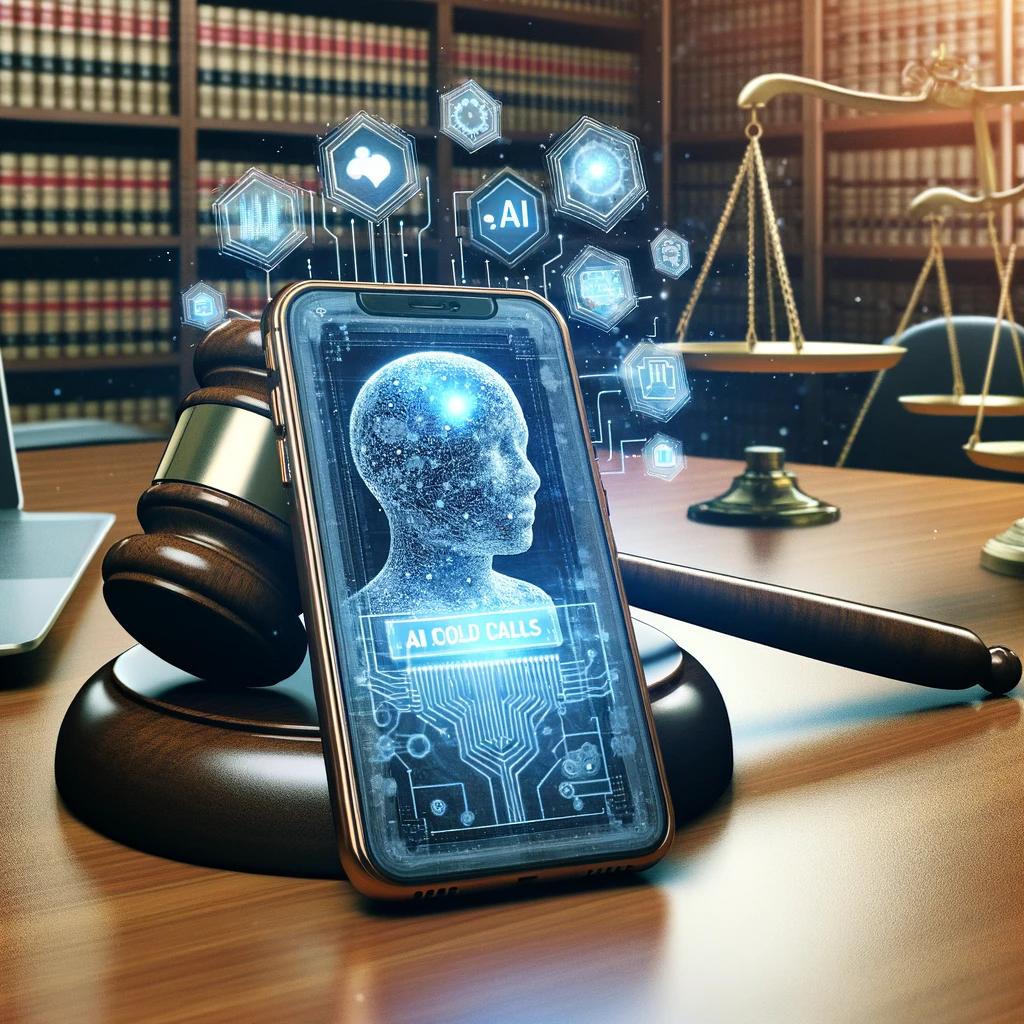
AI for Cold Calls: Overview
In the competitive world of business, customer service becomes paramount to generating high revenues and acquiring customer loyalty. Utilizing AI technologies presents an opportunity for businesses to differentiate themselves in their respective markets as well as to boost operational efficiency.
For instance, implementing EVE.Calls, an AI tool that employs sophisticated machine learning algorithms to communicate with potential customers, can help businesses significantly decrease the expenditures on physical call centers and increase the speed of contacting the individuals in the database. The latter is especially relevant in the retail industries with seasonal offers, or in the financial realm where debt collection calls are performed on a daily basis.
Nevertheless, businesses have to keep in mind that utilizing AI without appropriately conducting prior research can be dangerous. Below, we outline the legal frameworks that have to be abided by to ensure the smooth integration of telephony AI into your business operations.
Do-Not-Call Lists
Among the crucial factors to consider before performing AI cold calls are do-not-call lists. Implemented by the Federal Trade Commission, they grant individuals the agency to opt out of receiving telemarketing calls and safeguard their privacy. Any American citizen has a right to add their phone number to the do-not-call registry free of charge.
Currently, over 250 million Americans made an inquiry to avoid receiving cold calls. However, regardless of their presence on the do-not-call lists, individuals who owe debt payments to banks can still be legally contacted to secure payment. Therefore, before utilizing conversational AI bots, such as EVE.Calls, make sure your business integrates the phone numbers of individuals on the do-not-call list registry to avoid legal consequences.
Obtaining Consent for AI Cold Calls
The Telemarketing Sales Rule (TSR) enforced by the Federal Trade Commission requires telemarketers to provide details including their identity and the purpose of the call before the communication. Additionally, verbal or written consent of an individual receiving the call is required to record and conduct the conversation.
Businesses should be aware that the calls should only be performed during business hours (usually, between 8 AM and 9 PM), and under the circumstance of a customer refusing to communicate, their desire should be abided by. Aside from legal requirements, obtaining consent from individuals before initiating an AI cold call will signify respect for privacy and establish a foundation of trust between the business and potential customers through adhering to ethical conduct.
State Privacy Laws
While the Telemarketing Sales Rule (TSR) and do-not-call-lists apply to the entire territory of the United States, specific states might have additional policies that should be adhered to while performing AI cold calls. For instance, the California Consumer Privacy Act (CCPA) requires businesses to implement security measures to protect consumer data and document processes related to data collection, management, and communication. Furthermore, California residents have a right to request access to the personal information that was collected by conversational AI bot. Businesses should keep up with the legal advancements in the sphere of AI utilization as the government is implementing rules to combat illegal robocalls and starting to require voice service providers to implement call authentication technologies.
Implementation Tips
When it comes to AI-powered cold calls, EVE.Calls stands out as a safer choice compared to other voice robots. One of the product differentiations that EVE.Calls prides itself in is its remarkably realistic voice, which adds a ‘human touch’ to interactions and excludes it from restrictions designed towards limiting robocalls. Unlike other standalone AI conversational robots in the market, EVE.Calls collaborates with human agents in the call center, combining the efficiency of AI with the empathy and intuition of human operators.
Moreover, EVE.Calls operates with full awareness of American legal nuances and supports businesses in ensuring that all communication is conducted in accordance with local regulations.
Key Takeaways
- Do-not-call lists enable individuals to opt out of telemarketing calls to protect their privacy unless they owe money to businesses or banks.
- Do-not-call lists should be integrated into the AI cold call strategy of businesses to avoid legal consequences.
- Consent, either verbal or written, is always required for recording and conducting conversations.
- In addition to federal regulations like the TSR and do-not-call lists that apply nationwide, specific states may have additional policies.
- EVE.Calls is a safer alternative than other voice robots for businesses due to having a realistic voice that excludes Eve from restrictions designed towards limiting robocalls.
Elevate your customer service to the next level with EVE.Calls! Do not hesitate to reach out and discover the power of AI in transforming customer interactions.

